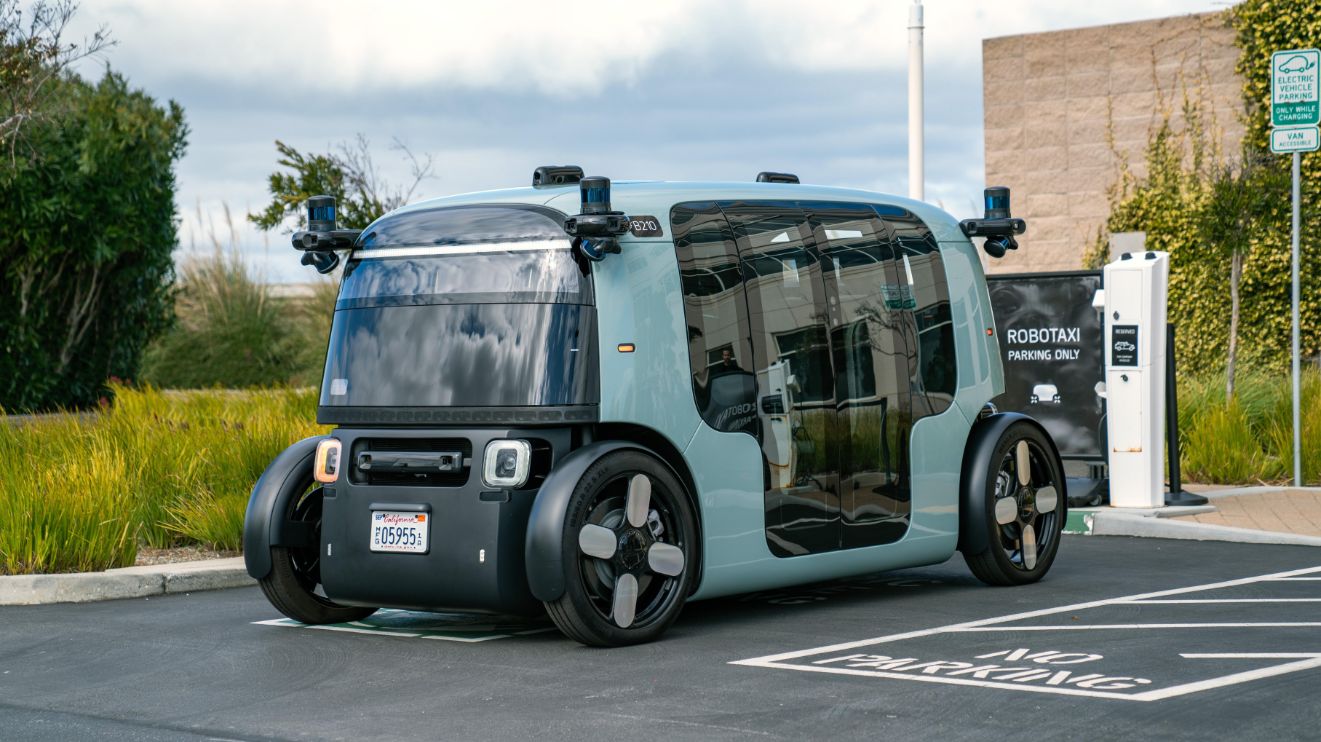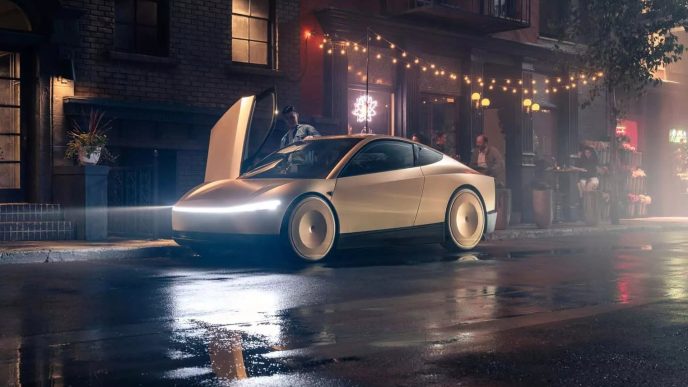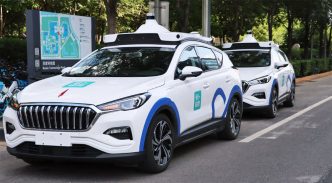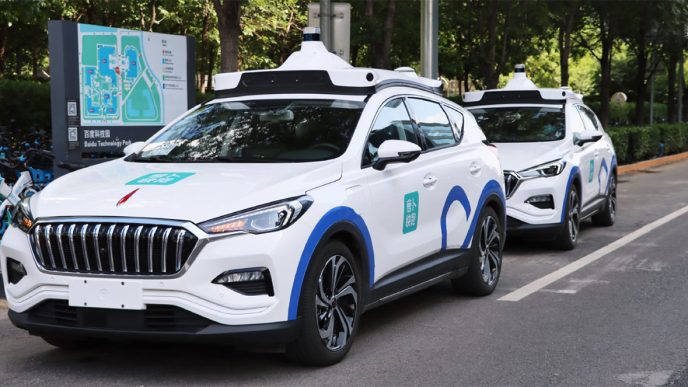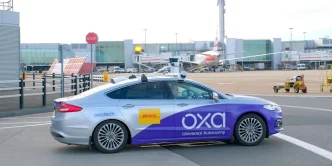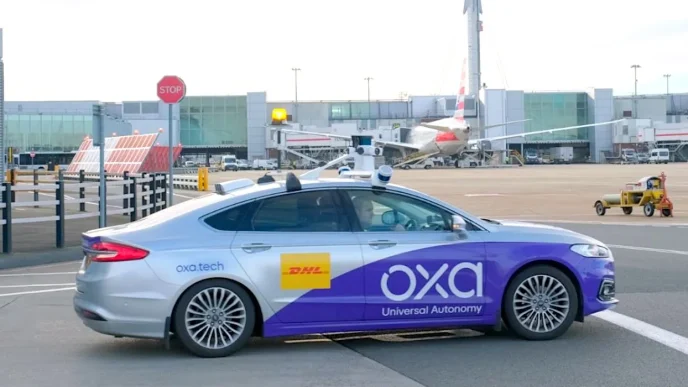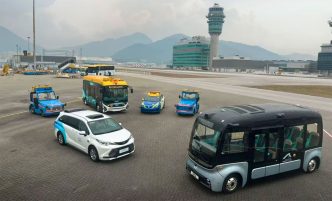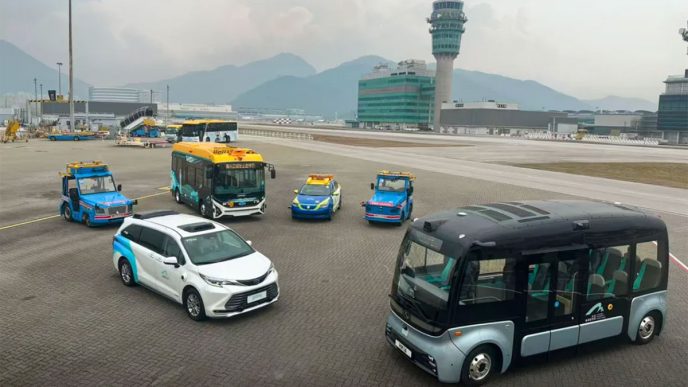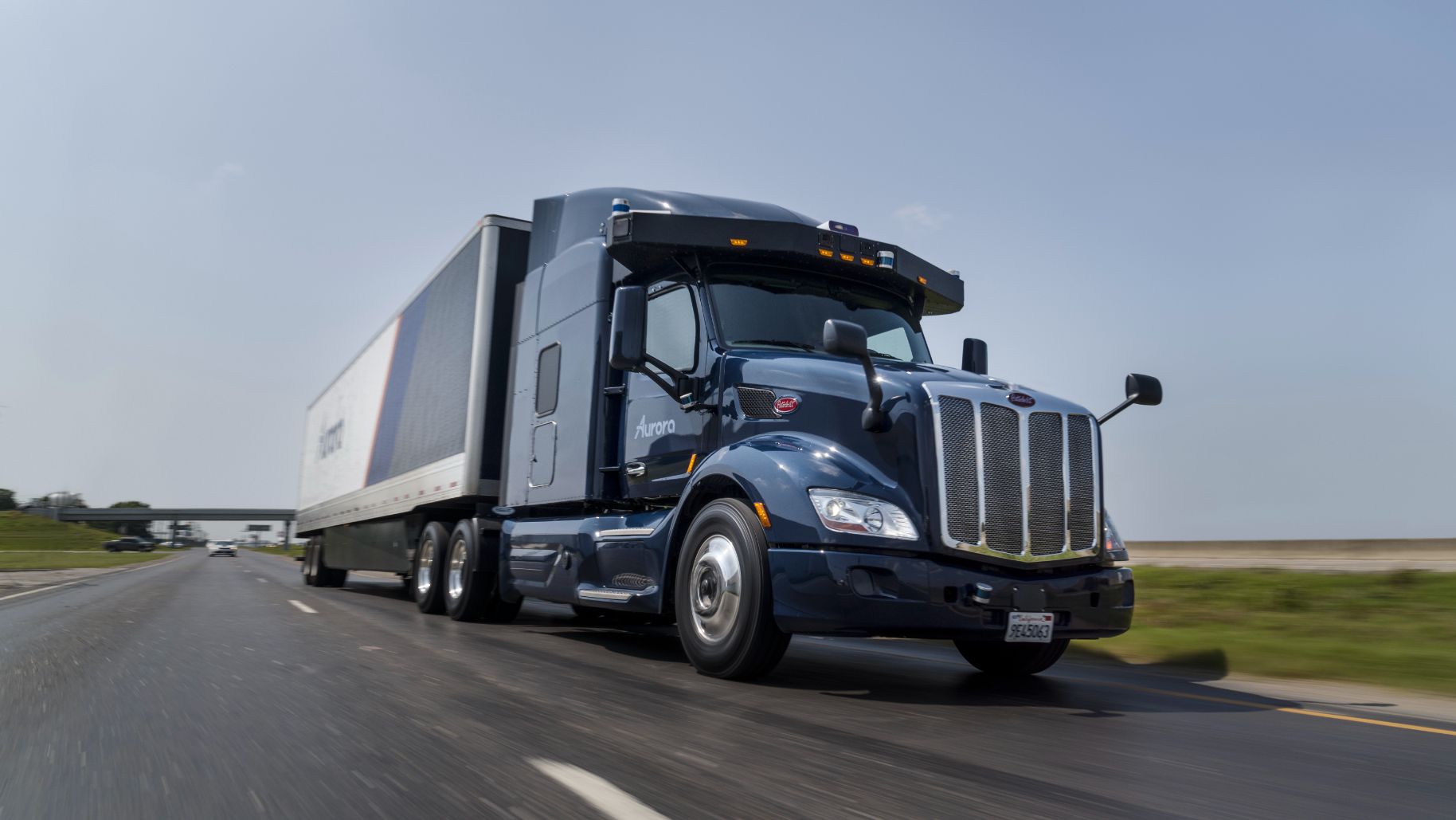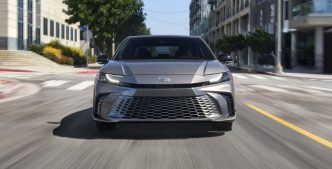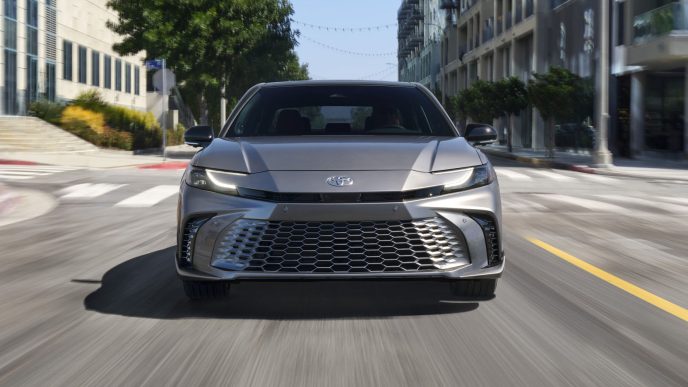The National Highway Traffic Safety Administration (NHTSA) on Friday unveiled a proposal aimed at expediting the review process for automaker petitions to deploy self-driving vehicles without traditional human controls, such as steering wheels and brake pedals.
NHTSA holds the authority to grant exemptions for up to 2,500 vehicles per manufacturer to operate on U.S. roads without meeting existing human control requirements. However, automakers have criticized the agency for years of inaction on pending petitions. Efforts in Congress to relax restrictions on deploying fully autonomous vehicles have also stalled.
Automakers have expressed growing frustration with regulatory delays. While fully self-driving vehicles with mandated human controls do not require NHTSA approval, those seeking exemptions face prolonged reviews. The industry has also faced scrutiny following high-profile incidents, including a pedestrian injury involving a Cruise vehicle, a subsidiary of General Motors, in October 2023.
NHTSA has ongoing investigations into self-driving technologies from companies like Cruise, Alphabet’s Waymo, and Amazon.com’s Zoox . Additionally, Tesla is under investigation for its Full Self-Driving (FSD) system, following a series of collisions, including a fatal crash in 2023.
The Alliance for Automotive Innovation, which represents major automakers including GM, Toyota, Volkswagen, and Hyundai, welcomed the proposal, emphasizing the need for a regulatory framework to ensure U.S. leadership in autonomous vehicle (AV) technology. “We urgently need a regulatory framework for AVs in the U.S., so we don’t cede leadership to China and other countries,” the group stated.
While some automakers, such as Ford Motor, have withdrawn self-driving petitions due to strategic shifts, others, like GM, have faced setbacks in obtaining approvals. GM withdrew a petition in October 2023 and recently announced its exit from the Cruise robotaxi business.
The proposal comes as the U.S. seeks to maintain its competitive edge in the global autonomous vehicle race. President-elect Donald Trump has reportedly expressed interest in easing deployment barriers for self-driving vehicles. Meanwhile, Tesla CEO Elon Musk has pledged to introduce driverless ride-hailing services by 2025.
If adopted, the new process could pave the way for broader deployment of self-driving vehicles, addressing industry concerns and fostering innovation in autonomous transportation.

